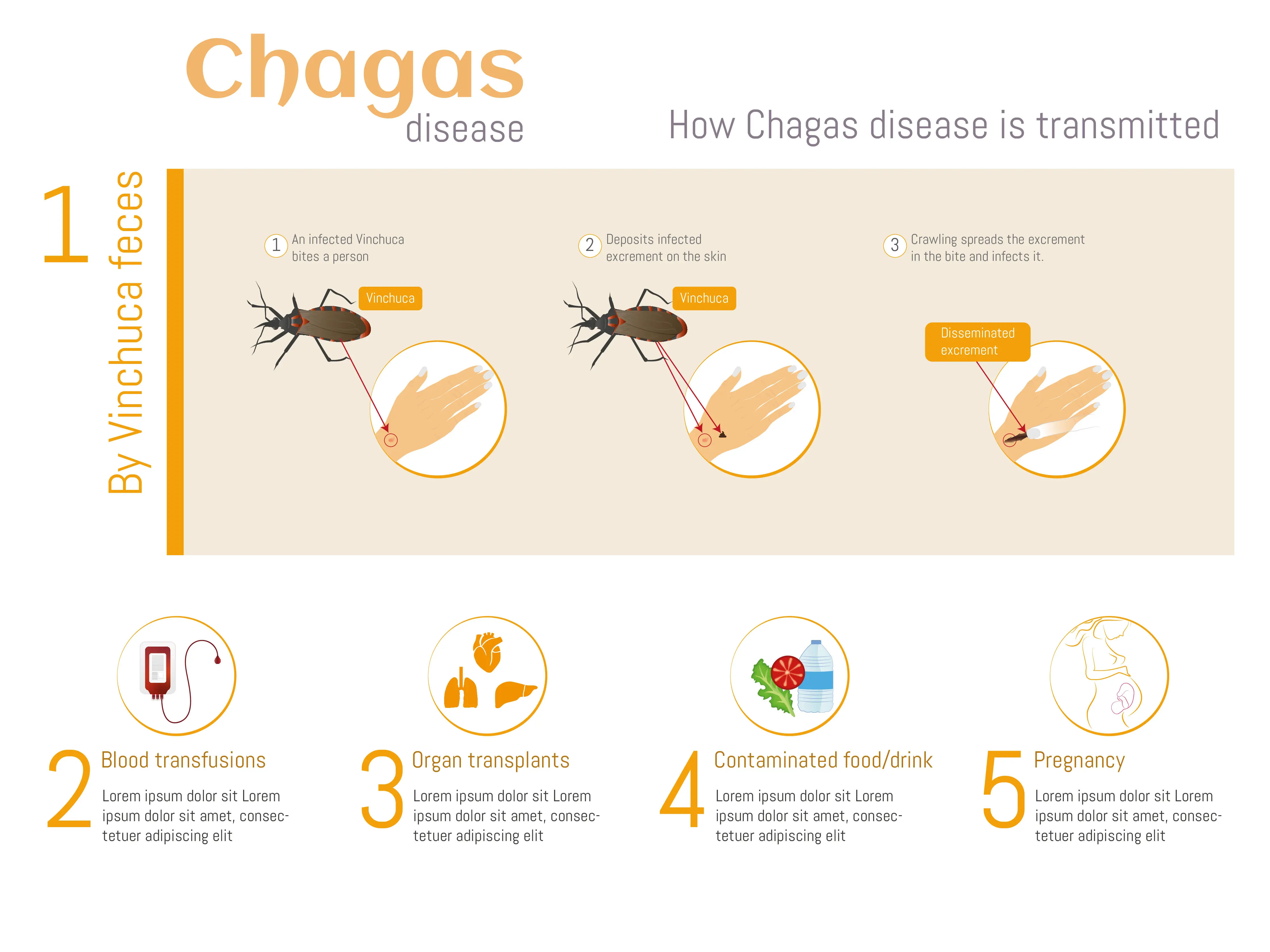Deworming Methods for Children
Discover safe and effective deworming methods for children, including recommended medications, natural remedies, and prevention tips. Learn how to protect your child’s health and reduce the risk of intestinal worm infections.

Written by Dr. M L Ezhilarasan
Reviewed by Dr. Dhankecha Mayank Dineshbhai MBBS
Last updated on 30th Aug, 2025

As a parent, your child’s health is your top priority. One important aspect of their well-being is protecting them from intestinal worms, which can affect their growth, nutrition, and overall health. Deworming is a simple yet crucial step to keep your child safe from these infections. In this article, we’ll explain what deworming is, why it’s important, and the best methods to ensure your child stays worm-free.
What Are Intestinal Worms?
Intestinal worms are parasites that live in the digestive system and feed on nutrients from the food your child eats. Common types include:
Roundworms – Can cause stomach pain and malnutrition.
Whipworms – May lead to diarrhea and weight loss.
Hookworms – Can cause anemia due to blood loss.
Tapeworms – May lead to digestive issues and weakness.
These worms are usually picked up from contaminated food, water, or soil, especially in areas with poor sanitation.
Consult Top Paediatrician
Why Is Deworming Important for Children?
Children are more prone to worm infections because they often play in dirt, put their hands in their mouths, and may not always follow proper hygiene. Worm infections can lead to:
Poor growth and development – Worms steal essential nutrients.
Anemia – Especially from hookworms, which cause blood loss.
Digestive problems – Diarrhea, stomach pain, and bloating.
Weak immunity – Frequent infections due to poor nutrition.
Regular deworming helps prevent these issues and keeps your child healthy.
Common Deworming Methods for Children
Below are the most reliable and doctor-recommended methods of deworming:
1. Deworming Medications
The most effective way to treat worm infections is through deworming medicines prescribed by a doctor. Common medications include:
Albendazole – Effective against roundworms, whipworms, and hookworms.
Mebendazole – Treats multiple worm infections.
How often should children be dewormed?
The World Health Organization (WHO) recommends deworming children every 6 months in high-risk areas.
In some cases, doctors may suggest more frequent treatment if the risk is high.
Important Note: Always consult a doctor before giving any deworming medicine to ensure the correct dosage based on your child’s age and weight.
2. Natural Deworming Remedies (Supportive Measures)
While medications are the most effective, some natural foods may help in preventing worm infections:
Garlic – Has anti-parasitic properties.
Pumpkin seeds – Contain compounds that may help expel worms.
Papaya seeds – Sometimes used in traditional remedies.
Turmeric – Has anti-inflammatory and anti-parasitic benefits.
However, these should not replace medical treatment but can be used as supportive measures along with prescribed medication.
3. Hygiene and Prevention Tips
Preventing worm infections is just as important as treating them. Here’s how you can protect your child:
Wash Hands Frequently – Especially before eating and after using the toilet.
Keep Nails Short and Clean – Worms and eggs can hide under long nails.
Drink Clean Water – Always use filtered or boiled water.
Wash Fruits and Vegetables Thoroughly – Soak them in clean water before eating.
Avoid Walking Barefoot – Hookworms can enter through the feet.
Maintain Clean Surroundings – Ensure proper sanitation at home and school.
When to See a Doctor?
If your child shows any of these symptoms, consult a doctor for proper diagnosis and treatment:
Frequent stomach pain or bloating
Itching around the anus (especially at night)
Unexplained weight loss or poor growth
Blood in stools
Persistent diarrhea or vomiting
Book a Deworming Consultation on Apollo 24|7
If you suspect your child has a worm infection or need advice on deworming, you can easily consult a pediatrician online through Apollo 24|7. Doctors can guide you on the right medication, dosage, and preventive measures.
Conclusion
Deworming is a simple but essential step in keeping your child healthy. By following medical advice, maintaining good hygiene, and scheduling regular check-ups, you can protect your little one from the harmful effects of intestinal worms.
Consult Top Paediatrician
Consult Top Paediatrician

Dr. Guruprasad N
Paediatrician
7 Years • MBBS, MD Peadiatrics, DNB pediatrics
Bangalore
Apollo Clinic Bellandur, Bangalore

Dr. Saheli Dasgupta
Paediatrician
11 Years • MBBS, MD (Paediatrics), Indian Diploma of Paediatric Critical Care Medicine
Kolkata
Sristi Polyclinic, Kolkata

Dr. Sushil Kumar
Paediatrician
30 Years • MBBS, MD - Pediatrics
Bilaspur
Apollo Hospitals Seepat Road, Bilaspur
(25+ Patients)

Dr Sharvari Kulkarni
Paediatrician
5 Years • MBBS, MD PEDIATRICS
Pune
Apollo Clinic, Viman Nagar, Pune
Dr. J N V. Bhuvaneswararao
Paediatrician
24 Years • MBBS,Diploma in Child Health
Vijayawada
SRI SRINIVASA CHILDRENS HOSPITAL, Vijayawada

.webp)


